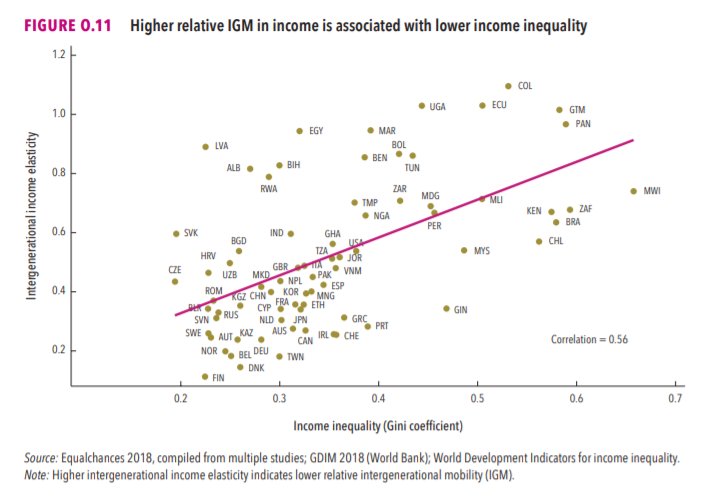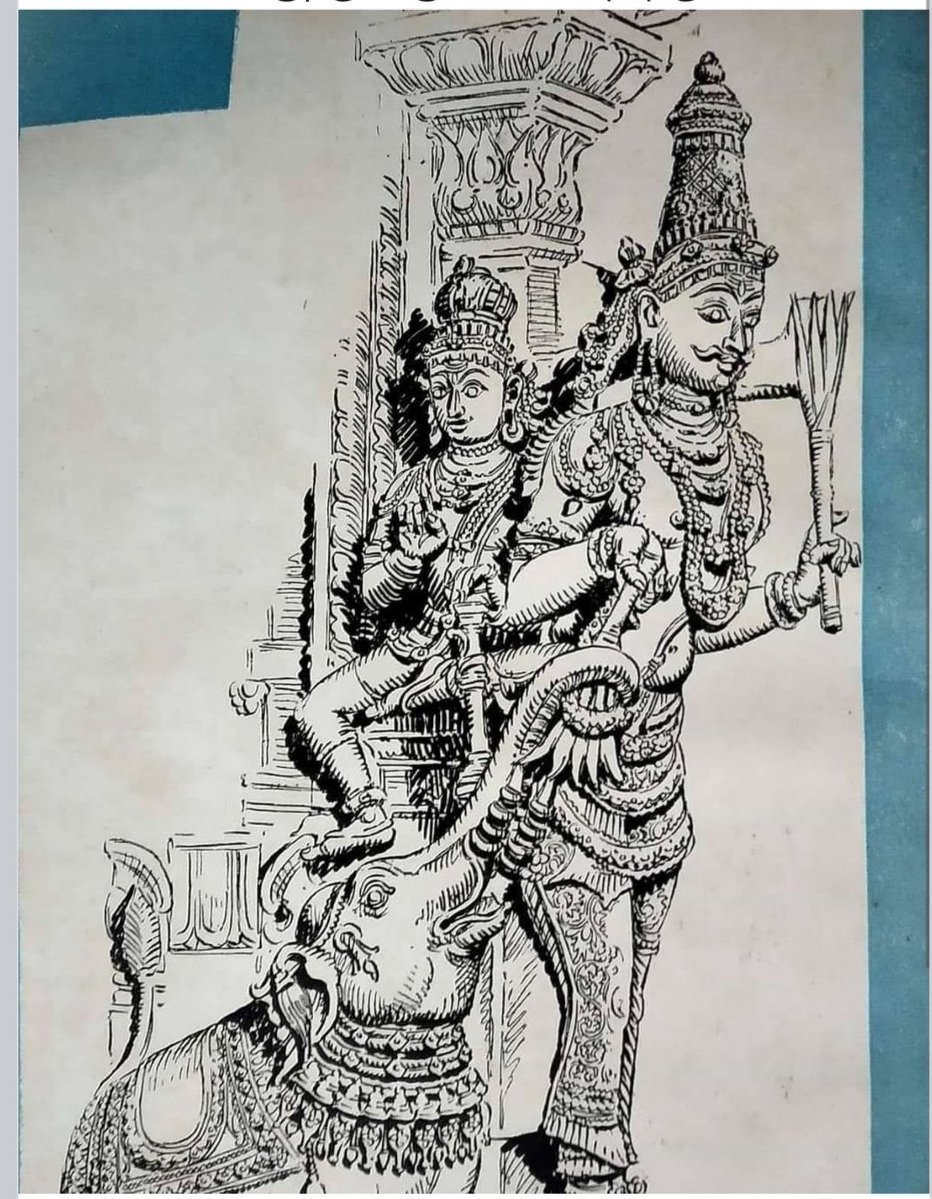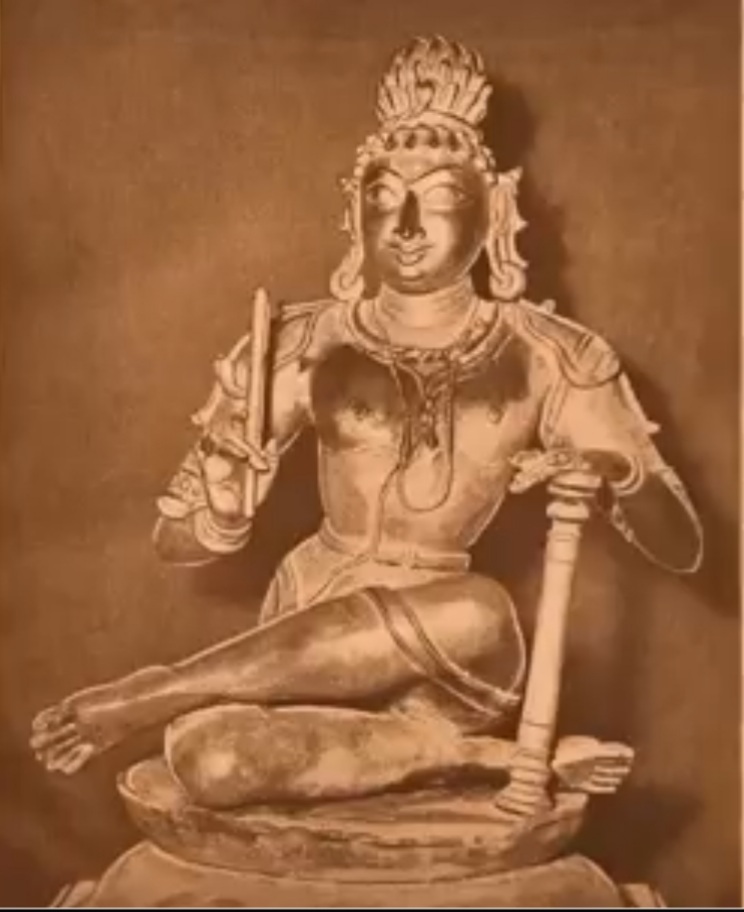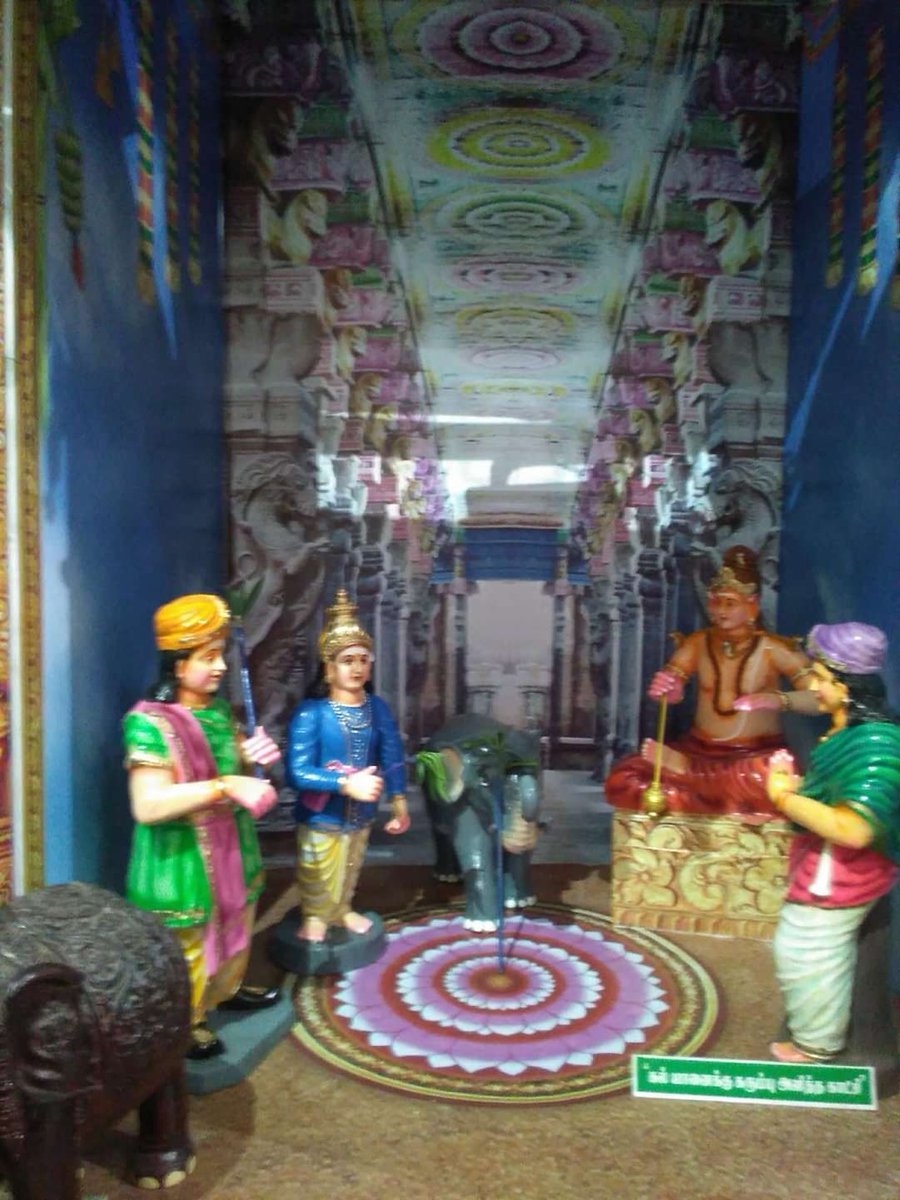In Justice Alito’s draft opinion reversing Roe, he writes about “an unbroken tradition of prohibiting abortion on pain of criminal punishment,” up until Roe in 1973.
He cites, as historical authority, Sir Matthew Hale.
Let me tell you about Hale & his views toward women.
THREAD
(Here's an illustration of Hale, from the National Portrait Gallery in London.)
https://t.co/CQtI4eK4DU

https://t.co/Z5ibbUBPdi
As long as 300 years after Hale’s death in 1676, many an American jury would be cautioned with what courts called the “Hale Warning”: an instruction to be especially wary of false accusations of rape.
In 1662, at Bury St. Edmunds, Hale presided at the trial of two women accused of witchcraft. Hale instructed the jury that witches were real, saying Scripture affirmed as much.
Thirty years later, Hale’s handling of this trial, preserved in written record, served as model in Salem, Massachusetts, in the infamous witch trials of 1692.
Granddaughter Mary, he wrote, needed to “govern the greatness of her spirit,” lest she become “proud, imperious and revengeful.”
More from Category pdfmakerapp grab this readwiseio save thread threader compile summarize
Miss today’s hearings? Auntie Flexghost packed you a lunch and put some bite sized videos in it. Here are the clips in one spot.
Let’s start with how Sidney Powell ruins everything.
Jamie Raskin drops some bombs linking Trump to alt-right terrorist groups
Let’s start with how Sidney Powell ruins everything.
Special thank you to Sidney Powell for single-handedly ruining Diet Dr. Pepper for me.
— flexghost. (@flexghost1) July 12, 2022
#January6thCommitteeHearings pic.twitter.com/lxaj51ZmqJ
Jamie Raskin drops some bombs linking Trump to alt-right terrorist groups
We are watching Jamie Raskin and the #January6thCommitteeHearings literally show collusion between right wing extremists and the executive branch of The United States of America in real time.
— flexghost. (@flexghost1) July 12, 2022
This is a "where were you when..." event. pic.twitter.com/y6u6feanlt
You May Also Like
1/OK, data mystery time.
This New York Times feature shows China with a Gini Index of less than 30, which would make it more equal than Canada, France, or the Netherlands. https://t.co/g3Sv6DZTDE
That's weird. Income inequality in China is legendary.
Let's check this number.
2/The New York Times cites the World Bank's recent report, "Fair Progress? Economic Mobility across Generations Around the World".
The report is available here:
3/The World Bank report has a graph in which it appears to show the same value for China's Gini - under 0.3.
The graph cites the World Development Indicators as its source for the income inequality data.

4/The World Development Indicators are available at the World Bank's website.
Here's the Gini index: https://t.co/MvylQzpX6A
It looks as if the latest estimate for China's Gini is 42.2.
That estimate is from 2012.
5/A Gini of 42.2 would put China in the same neighborhood as the U.S., whose Gini was estimated at 41 in 2013.
I can't find the <30 number anywhere. The only other estimate in the tables for China is from 2008, when it was estimated at 42.8.
This New York Times feature shows China with a Gini Index of less than 30, which would make it more equal than Canada, France, or the Netherlands. https://t.co/g3Sv6DZTDE
That's weird. Income inequality in China is legendary.
Let's check this number.
2/The New York Times cites the World Bank's recent report, "Fair Progress? Economic Mobility across Generations Around the World".
The report is available here:
3/The World Bank report has a graph in which it appears to show the same value for China's Gini - under 0.3.
The graph cites the World Development Indicators as its source for the income inequality data.

4/The World Development Indicators are available at the World Bank's website.
Here's the Gini index: https://t.co/MvylQzpX6A
It looks as if the latest estimate for China's Gini is 42.2.
That estimate is from 2012.
5/A Gini of 42.2 would put China in the same neighborhood as the U.S., whose Gini was estimated at 41 in 2013.
I can't find the <30 number anywhere. The only other estimate in the tables for China is from 2008, when it was estimated at 42.8.

















